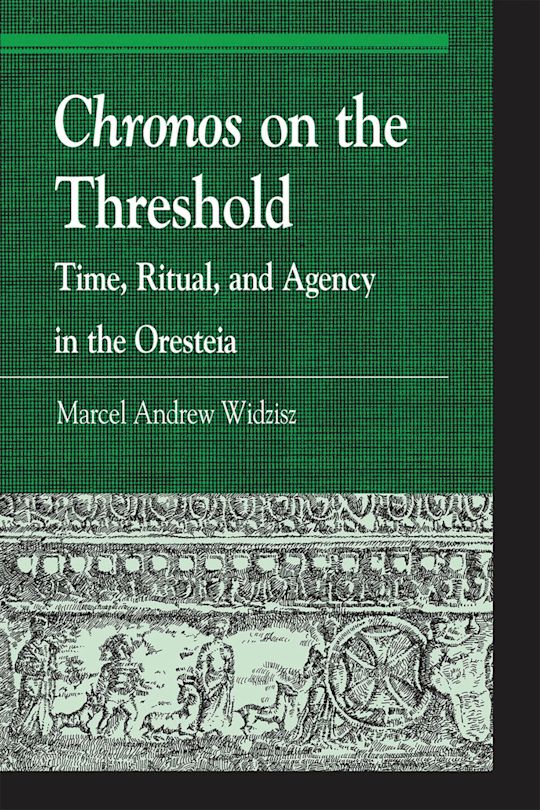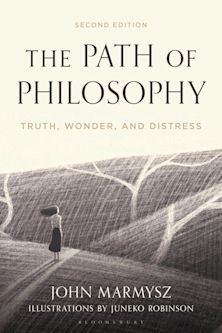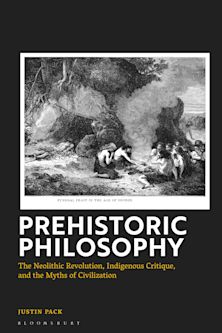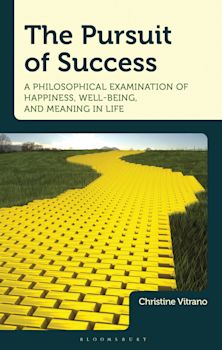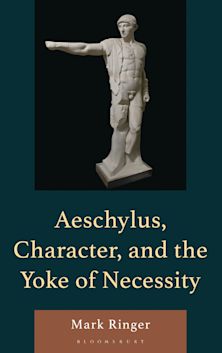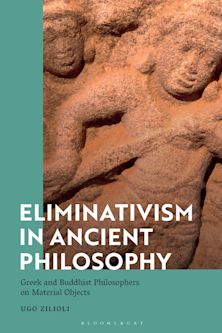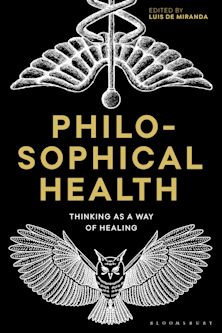- Home
- ACADEMIC
- Philosophy
- Ancient Philosophy
- Chronos on the Threshold
This product is usually dispatched within 1 week
- Delivery and returns info
-
Free CA delivery on orders $40 or over
You must sign in to add this item to your wishlist. Please sign in or create an account
Description
In Chronos on the Threshold: Time, Ritual, and Agency in the Oresteia Marcel Widzisz combines various anthropological, philological, and narratological perspectives in order to consider afresh both the textual details and structural elements of Aeschylus’ Oresteia. Included among the approaches is first a consideration of normative ritual structure in Archaic and Classical Greece and then a demonstration of its regular reconfiguration throughout the many individual scenes and choruses of the trilogy. This framework not only provides a new view of the micro and macro structure of the Oresteia, but also paves the way for an elucidation of the many references to time and its workings, references which, however well attested in the manuscripts, are being more strongly challenged if not altogether removed from recent editions of the Greek text. Time, however, beyond appearing as a subject at these key junctures, pervades the trilogy in a number of subtler ways: in how characters use timing, attempt to control the tempo of on-stage action, and even demonstrate different degrees of temporal perspicuity. The appearance of analepsis and prolepsis, the referencing of past and future (too often presented in previous scholarship in the form of mere cataloguing such instances), is shown to be a dynamic field of contention between opposed agents in a discursive process termed agonistic temporal framing, a practice not only found repeatedly in the Oresteia, but one which can bedetected in authors as diverse as Homer and Plato. The manipulation of time and the various constructions of competing temporal horizons allow for a new view of what agency appears as and means in a work such as the Oresteia. The context of the law court in Eumenides brings with it a different type of temporality, specifically suited to resolve conflicting ritual claims, in which temporal framing and individual antagonisms are subsumed into a greater structure, with even wider and more long lasting implications for personal and corporate agency.
Table of Contents
Acknowledgments
Chapter 1: Introduction
Chapter 2: Agamemnon
Chapter 3: Choephoroi
Chapter 4: Eumenides
Epilogue
Product details
| Published | Dec 15 2011 |
|---|---|
| Format | Hardback |
| Edition | 1st |
| Extent | 248 |
| ISBN | 9780739170458 |
| Imprint | Lexington Books |
| Dimensions | 240 x 162 mm |
| Series | Greek Studies: Interdisciplinary Approaches |
| Publisher | Bloomsbury Publishing |
About the contributors
Reviews
-
Marcel Andrew Widzisz sheds new light on Aeschylus’ Oresteia by combining close reading of the text with an anthropologically informed perspective on the power of ritual to shape the experience of time. Many studies of time in literature confine themselves to formal analysis. This study demonstrates how much more fruitful it is to ground such analysis in the realities of Greek religion.
Richard Seaford, University of Exeter









